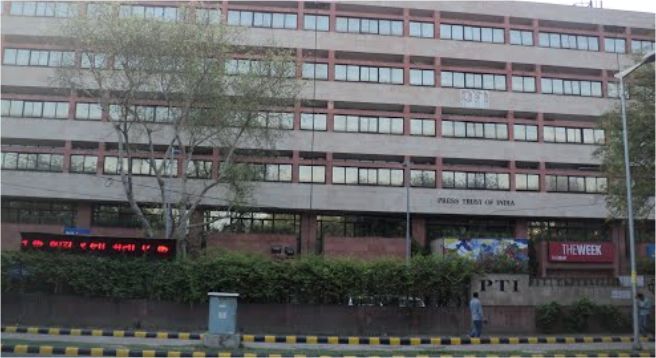The largest news agency in the country, the Press Trust of India (PTI), has challenged the constitutional validity of sections of India’s new IT Rules, though failed to get interim relief, which had been sought, from a Delhi court.
According to a report in Forbes India, challenging Part III of the Information Technology (Intermediary Guidelines and Digital Media Ethics Code) Rules, 2021, which seek to oversee regulation of digital news media publishers, PTI has argued that the Code of Ethics is “draconian” and the Rules “usher in an era of surveillance and fear”, which will result in “self-censorship” and violation of fundamental rights.
The PTI petition also stated that Part II of the Rules, which govern intermediaries, are “antithetical to fundamental rights”. Arguing that they should be stayed, PTI has said the Rules are only meant to be “a weapon for the Executive or the State to enter and directly control the content of online digital news portal”.
A Delhi High Court special bench of Justice DN Patel and Justice JR Midha refused to grant PTI interim protection against coercive action by the state, but issued notice to the Ministry of Electronics and Information Technology (MeitY) and Ministry of Information and Broadcasting (MIB).
Filed on behalf of PTI’s Chief Administrative Officer Mohini Ranjan Mishra, the lawsuit echoes other similar lawsuits as it calls out “vague conditions” such as “good taste”, “decency”, prohibition of “half-truths” mentioned in the Code of Ethics, Forbes India reported.
AlthoughPTI’s petition has been filed by Mishra, it makes it clear that its editor-in-chief and CEO, Vijay Joshi, is involved in the matter.
The petition clarifies that it is challenging the Rules only as far as they apply to news publishers, and not to OTT platforms or intermediaries.
This is the ninth lawsuit by a news organisation against the Digital Media Code of Ethics and the second by a legacy media organisation.
The Digital News Publishers Association (DNPA), whose members include the digital arms of legacy publishers and news channels such as the Times Group, India Today Group, NDTV and others, had earlier moved the Madras High Court against the digital regulations.
However, unlike PTI and the other seven lawsuits, DNPA’s has also argued that legacy media houses, which run newspapers and TV channels, are not digital media and should not be covered by the Rules.
Meanwhile, India’s federal government has filed a petition to transfer all such cases in various lower courts to the Supreme Court.
According to a report filed by news agency ANI earlier Wednesday, Delhi High Court refused to grant interim protection to the digital news platforms that too had challenged the digital regulations.
According to ANI, the bench of Justices DN Patel and Justice Jyoti Singh heard a batch of petitions including the petitions filed by digital new portals like The Quint, The Wire and others, and refused any interim relief, though.
 Govt. not considering rules for use of AI in filmmaking: Murugan
Govt. not considering rules for use of AI in filmmaking: Murugan 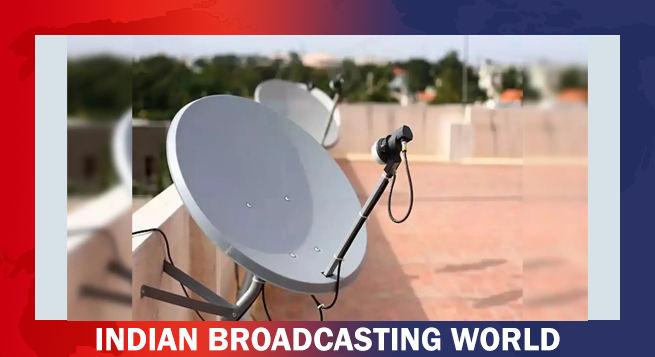 DTH revenue slide to ease to 3–4% this fiscal year: Report
DTH revenue slide to ease to 3–4% this fiscal year: Report 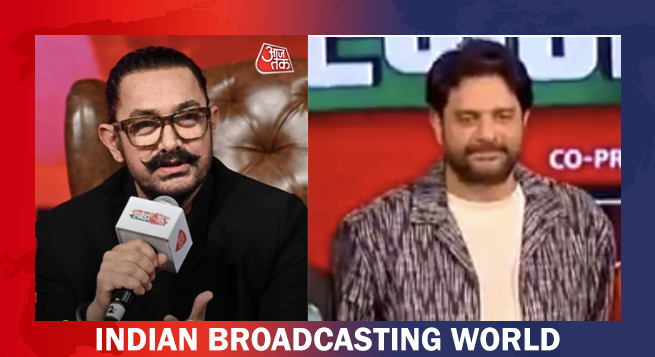 At Agenda Aaj Tak, Aamir, Jaideep Ahlawat dwell on acting, Dharam
At Agenda Aaj Tak, Aamir, Jaideep Ahlawat dwell on acting, Dharam 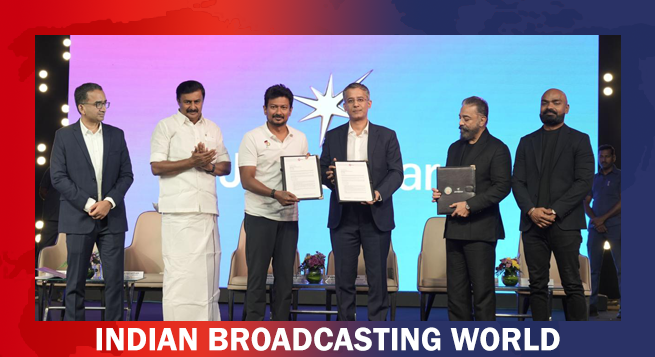 JioHotstar to invest $444mn over 5 years in South Indian content
JioHotstar to invest $444mn over 5 years in South Indian content 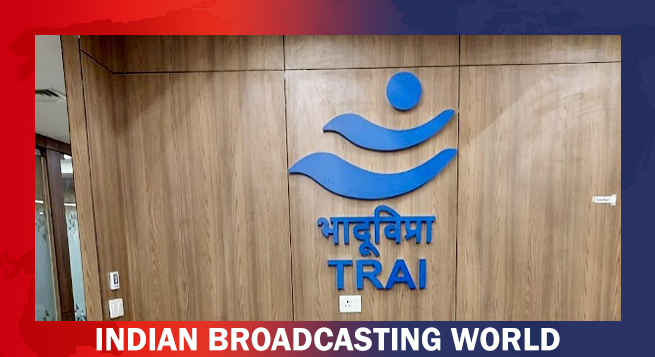 Standing firm, TRAI rejects DoT views on satcom spectrum fee
Standing firm, TRAI rejects DoT views on satcom spectrum fee 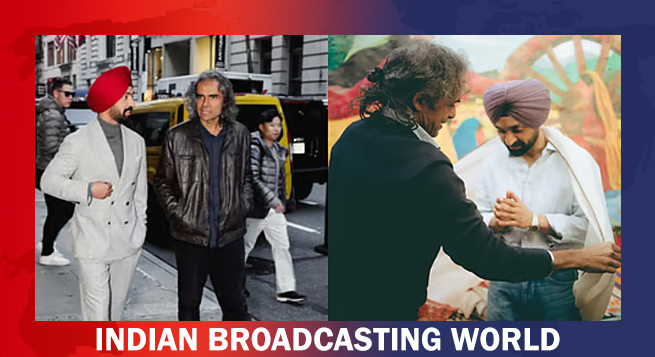 Diljit Dosanjh wraps shoot for untitled Imtiaz Ali film
Diljit Dosanjh wraps shoot for untitled Imtiaz Ali film 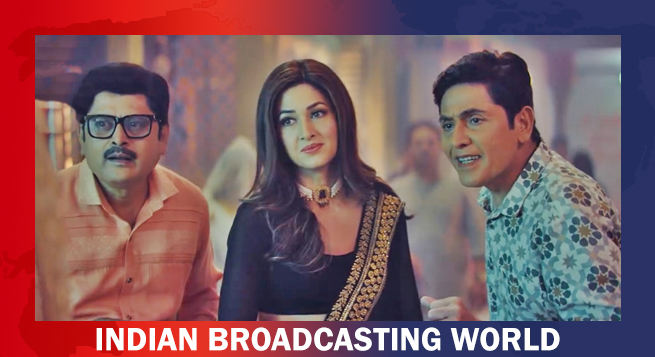 ‘Bhabiji Ghar Par Hai 2.0’ to return with comedy, chaos, a supernatural twist
‘Bhabiji Ghar Par Hai 2.0’ to return with comedy, chaos, a supernatural twist 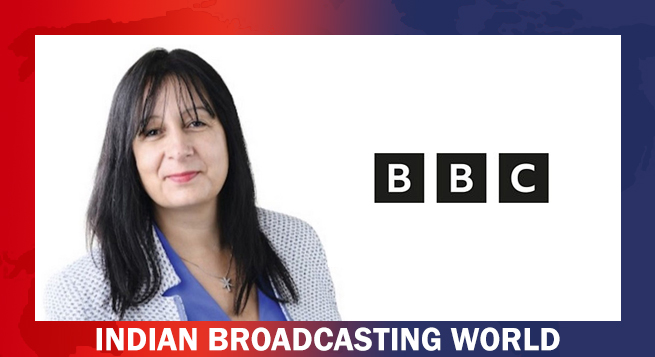 BBC names Bérangère Michel as new Group CFO
BBC names Bérangère Michel as new Group CFO 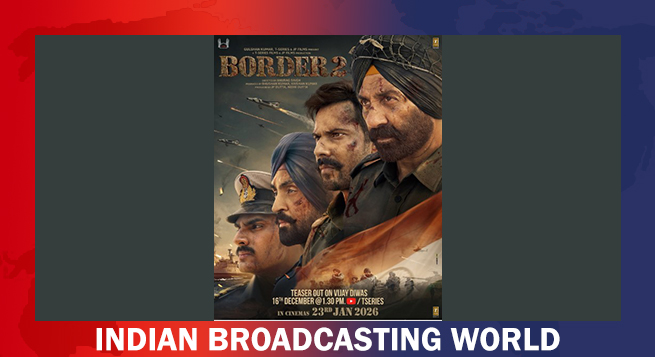 ‘Border 2’ teaser to be unveiled on Vijay Diwas
‘Border 2’ teaser to be unveiled on Vijay Diwas 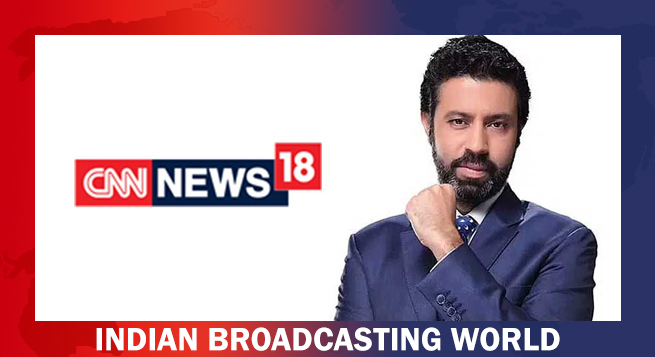 CNN-News18 Rahul Shivshankar takes editorial charge
CNN-News18 Rahul Shivshankar takes editorial charge 



